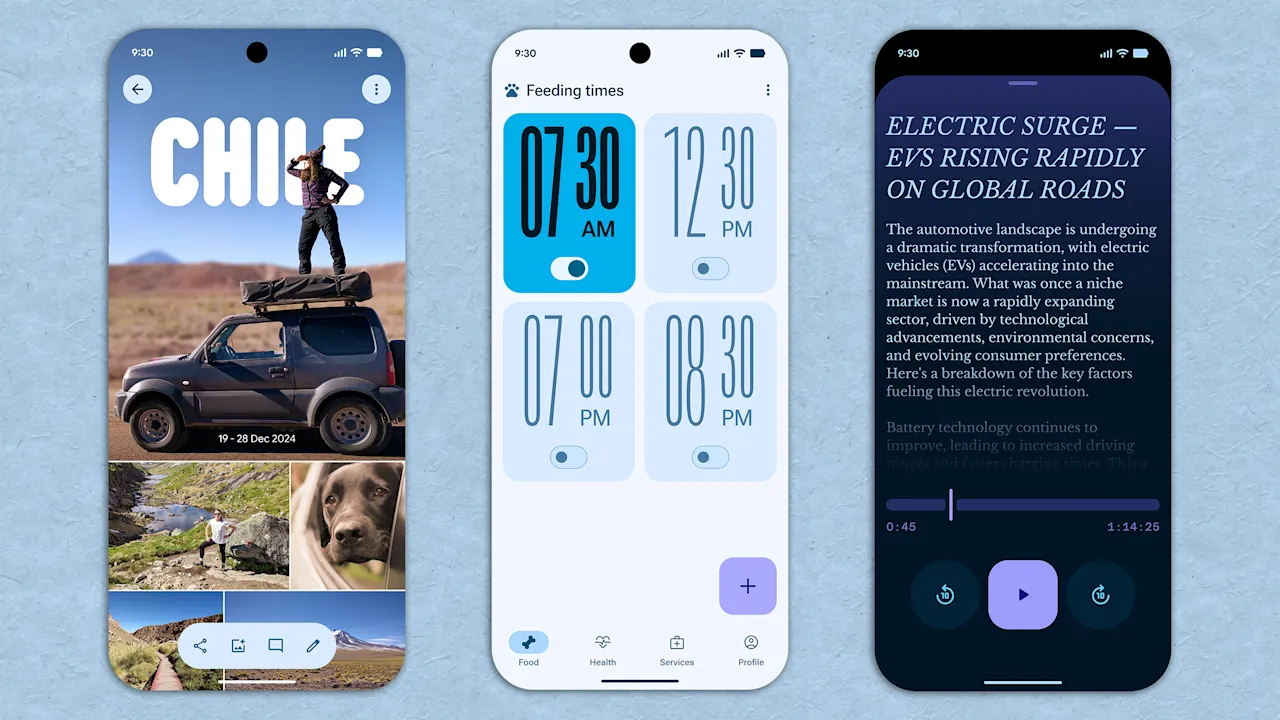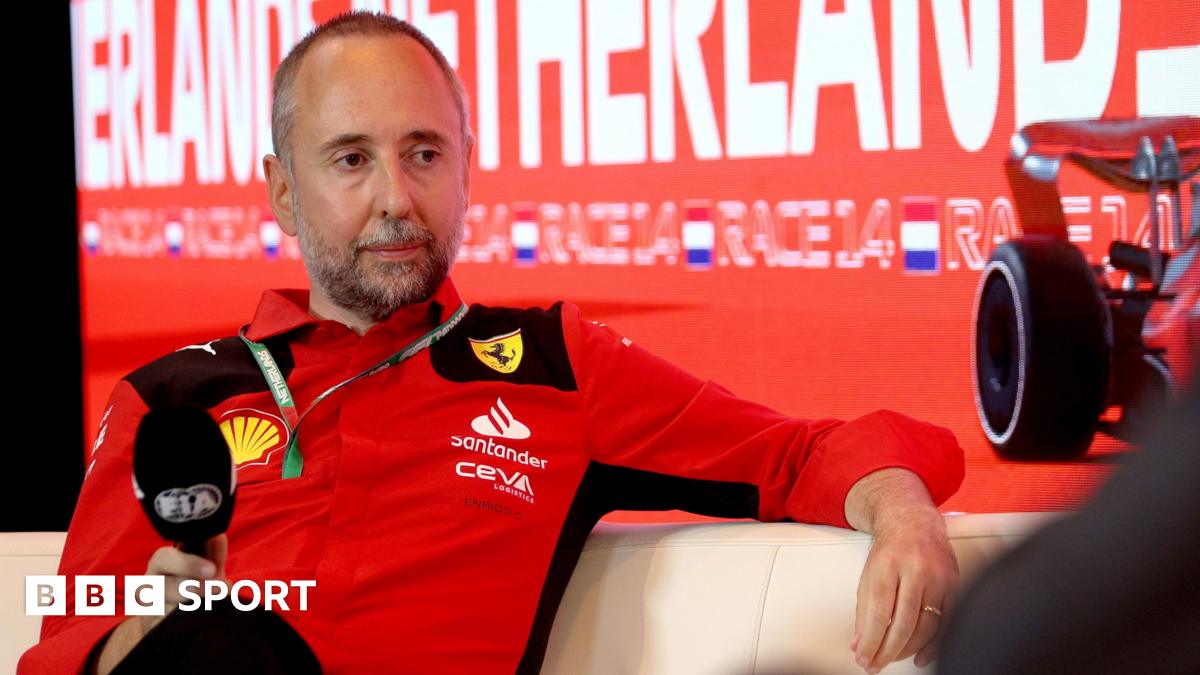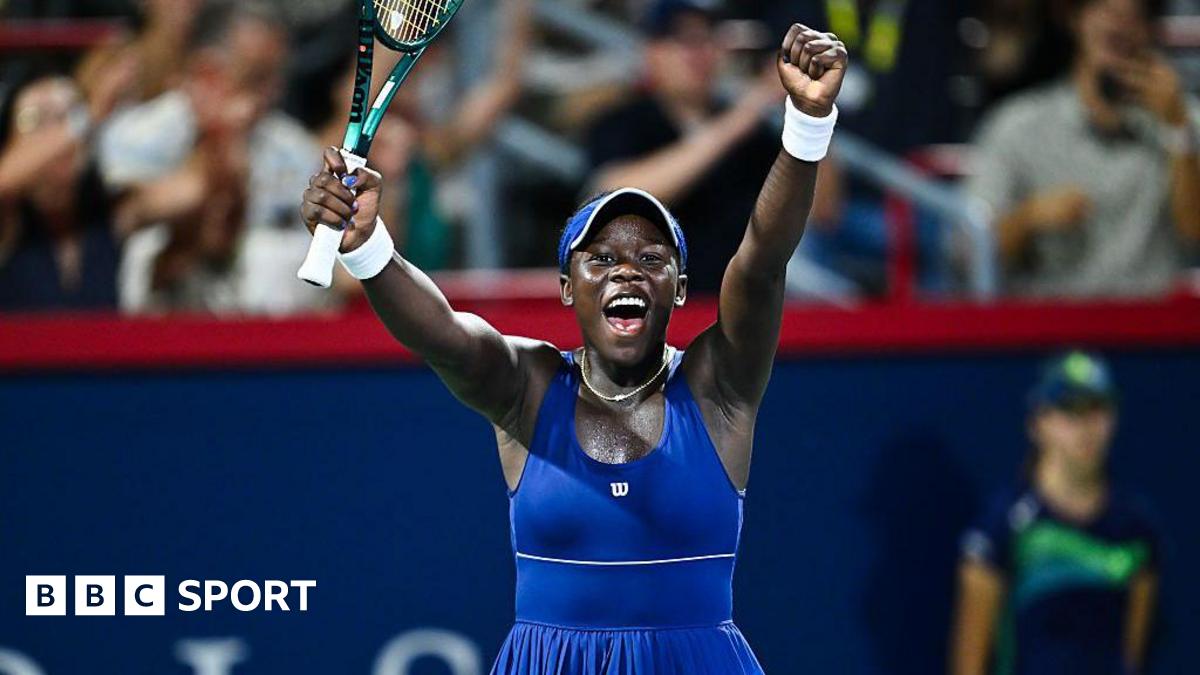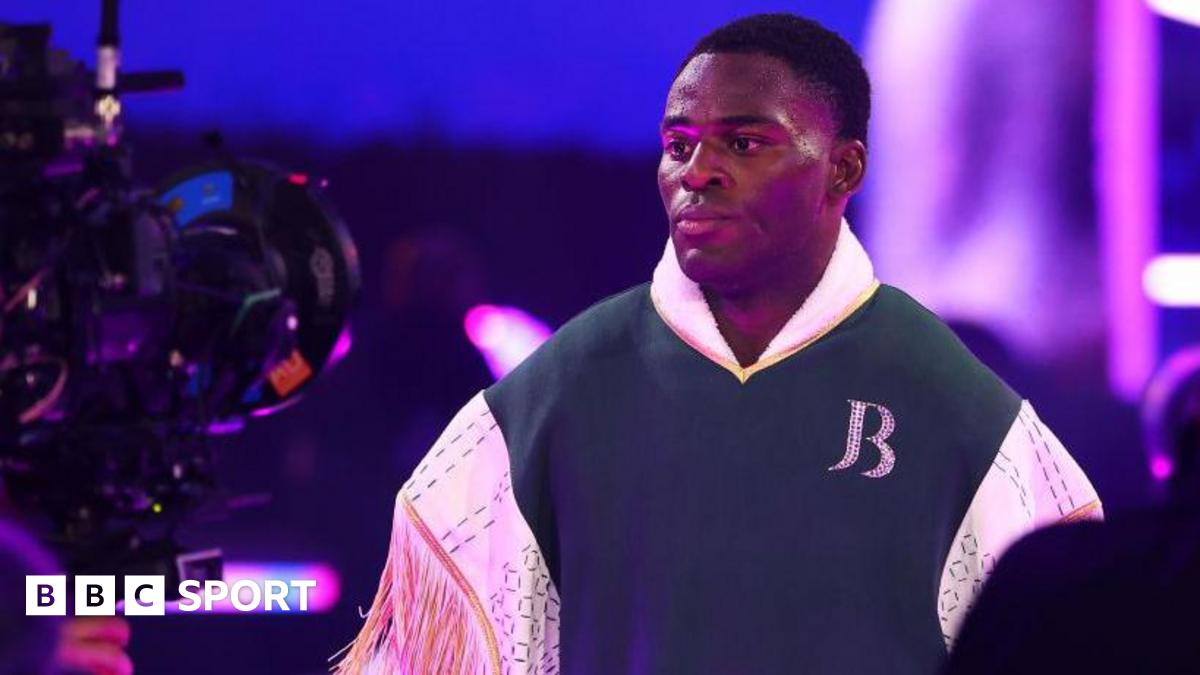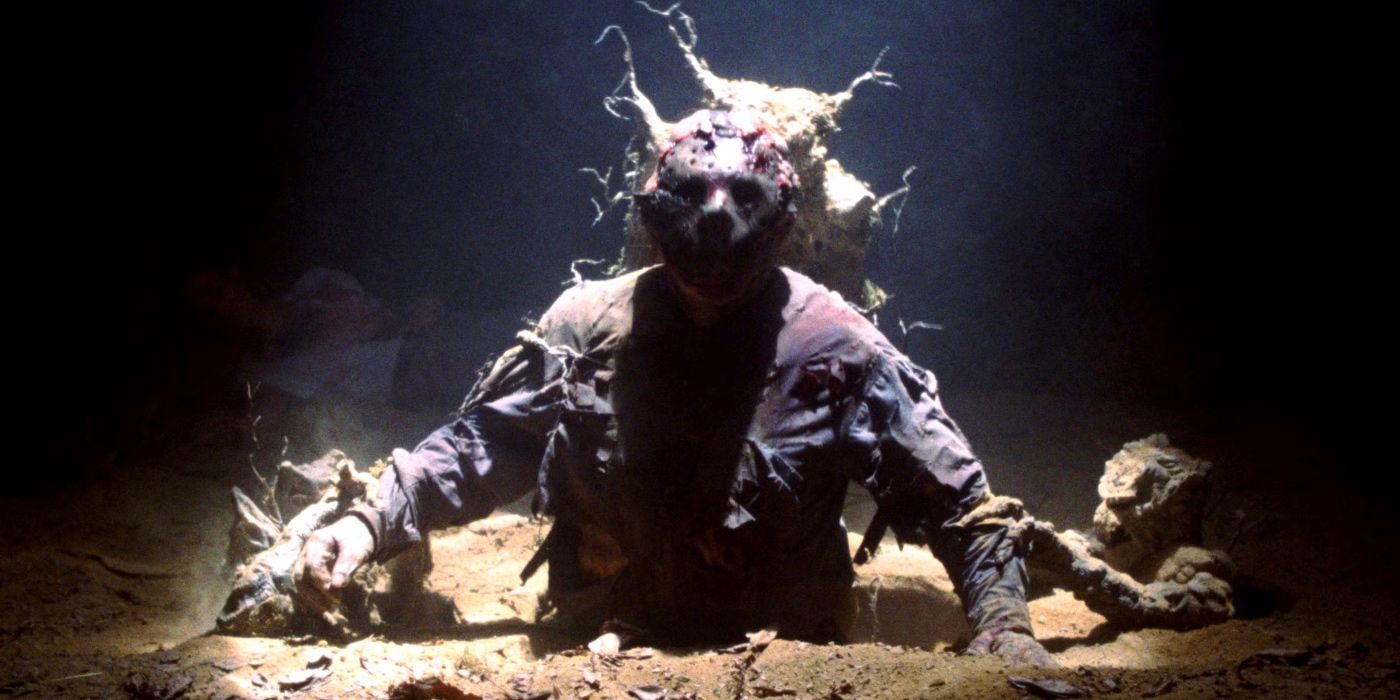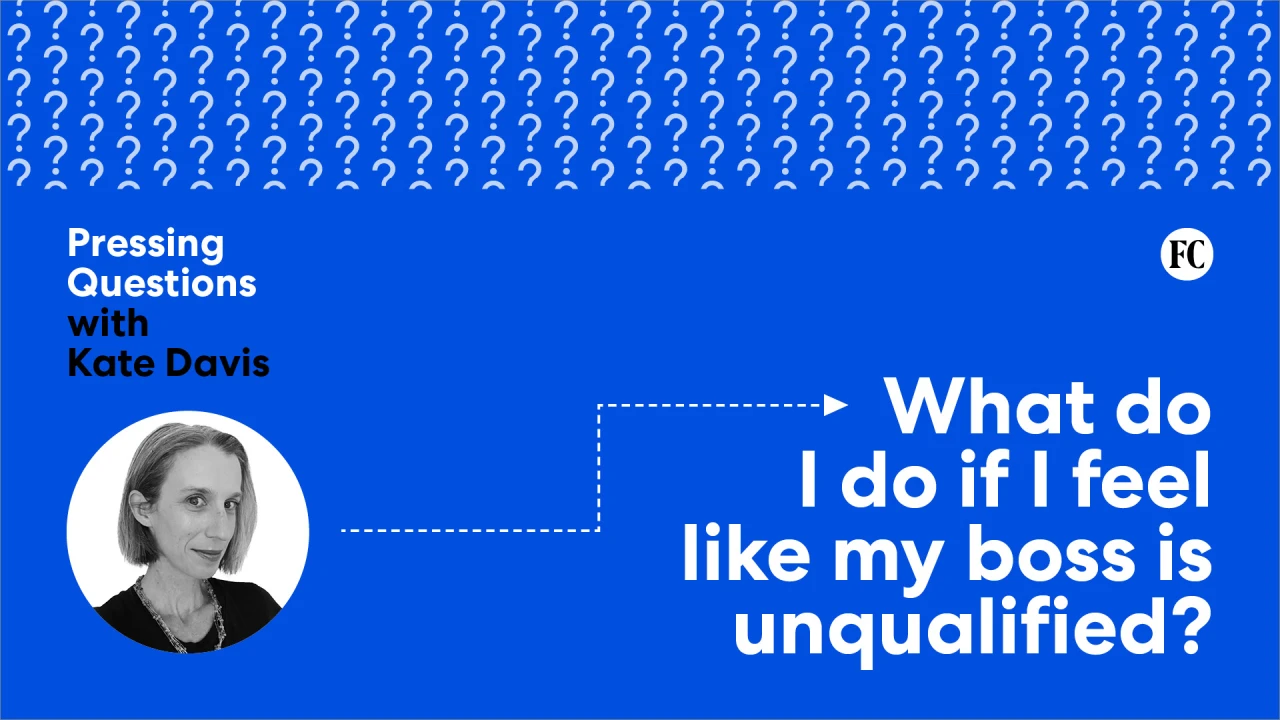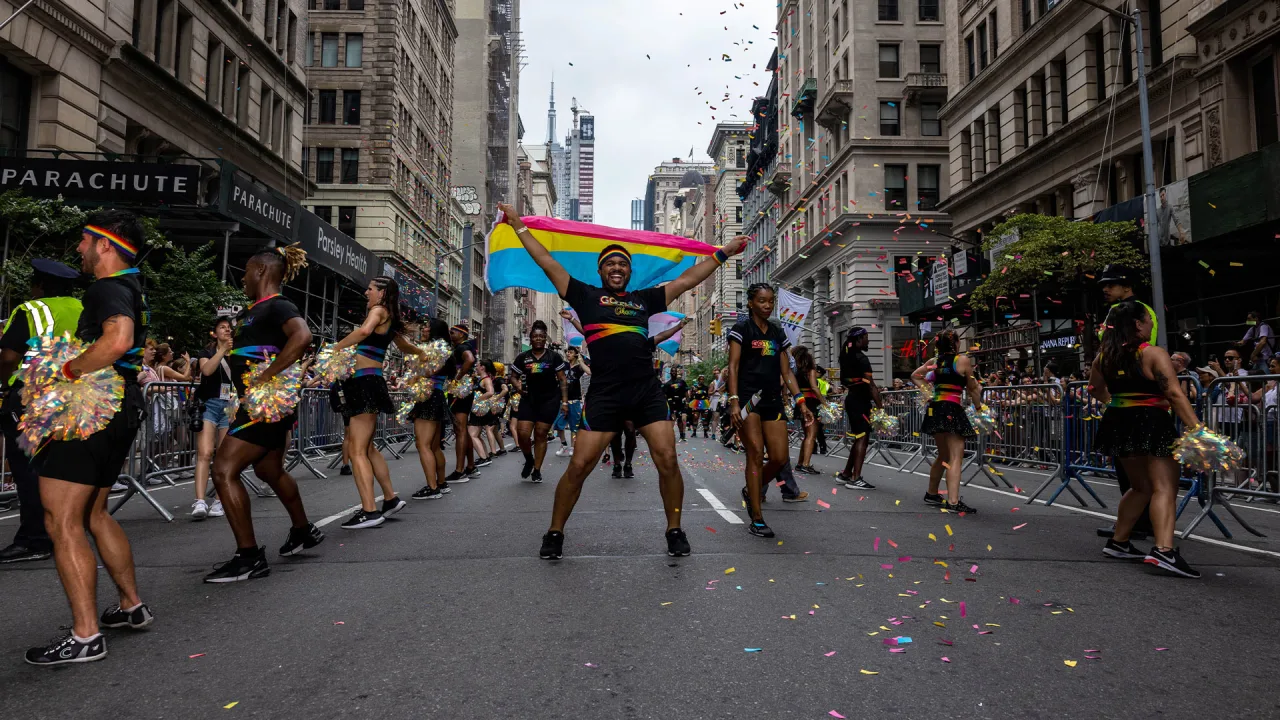Ready or not, Gen Z Is managing you

By the end of this year, one in ten managers will be from Generation Z. That’s not a distant projection. It’s happening right now. It’s not just a statistic. It’s a cultural turning point.
I’ve spent the last decade teaching leadership and strategy to Gen Z students. I’ve watched them go from unsure first years to confident professionals. And what I’ve learned is simple:
Gen Z isn’t waiting for the workplace to change. They’re changing it themselves.
Recently, Glassdoor released new data showing dramatic increases in the way workplace culture is being discussed. And the results are striking:
- Well-being mentions are up 222%
- Burnout is up 126%
- Boundaries are up 99%
- Empathy and inclusion are up 76%
- Clarity is up 52%
Each of these tells a story. Each one signals the arrival of a new leadership style, one built on care, communication, and clarity. Let’s break them down.
1. +222% in Well-being Mentions
Well-being isn’t just about yoga and flexible schedules. It’s about creating environments where people can thrive. Gen Z leaders don’t see this as a perk. They see it as a basic requirement. They talk openly about mental health. They normalize asking for help. And they understand that productivity is impossible without psychological safety.
Older generations were often taught to “leave it at the door.” Gen Z is asking, Why does it need to be that way? They believe the human experience belongs in the workplace—not in spite of professionalism, but as part of it.
2. +126% in Burnout Mentions
Gen Z is not afraid to talk about burnout. In fact, they insist on it. Not because they are weaker or less driven, but because they’ve watched what happens when burnout is glamorized. They’ve seen family members and mentors pushed to the brink for companies that treated exhaustion as loyalty.
Instead, they are redefining ambition. For them, ambition doesn’t mean sacrificing your health or identity. It means building sustainable careers with room to breathe and grow. They are more likely to flag unrealistic expectations and call out toxic urgency—not to avoid hard work, but to preserve the long-term well-being of their teams.
3. +99% in Boundaries
This is one of the most defining traits of Gen Z leadership. Boundaries are not barriers. They are frameworks for trust. And Gen Z leaders model them openly. They log off when they say they will. They tell their teams not to email at midnight. They expect mutual respect around time, space, and energy.
What’s most striking is that they apply this to others, not just themselves. They respect their team members’ boundaries and hold space for flexibility in a way that older leadership models rarely emphasized. It’s not a lack of commitment—it’s a different way of leading.
4. +76% in Empathy and Inclusion
Gen Z isn’t just hoping people feel seen. They’re trying to figure out how to make that happen.
They want teams where people speak honestly, feel respected, and know their ideas carry weight. They’re not chasing perfection, but by all accounts desire connection. And they know that leading with empathy means more than saying the right thing. It’s about learning how to listen, adjust, and earn trust over time.
Sure, some of it might seem unfamiliar or even off-putting to older generations. But much of the skepticism comes down to communication style, not capability. Gen Z is more comfortable naming feelings. They’re more likely to ask for clarity or set a boundary out loud. What’s different is that Gen Z managers are open about the learning curve. They want feedback. They want to get it right. And in that effort, they’re building something rare, a culture that values presence over polish.
5. +52% in Clarity
Clarity is often underrated. But to Gen Z, it’s everything.
They grew up in a world of information overload and constantly shifting expectations. As leaders, they don’t want their teams guessing. They prioritize clear goals, transparent feedback, and honest conversations. They don’t believe in vague corporate speak or ambiguous road maps. They believe in being upfront—even when the answer is “I don’t know yet.”
This is a powerful shift. It builds trust quickly and reduces anxiety across the board. Clarity is not control. It’s confidence. And Gen Z leaders understand the difference.
Clarity, Kindness, and Fairness
All of this reinforces what I’ve long believed. And frankly, I’m not surprised.
My own research over the past decade has pointed to the same themes—especially around clarity, kindness, and fairness. These aren’t just nice-to-have traits. They’re the backbone of effective leadership today. What’s striking is that Gen Z isn’t adopting these values because a consultant told them to. It’s how they naturally operate. It’s what they expect in a workplace, and it’s how they’re choosing to lead.
The shift is already underway. It didn’t come with a press release. It wasn’t driven by a top-down directive. It’s happening because Gen Z professionals are quietly stepping into leadership roles—and leading in a way that feels more human, more honest, and more sustainable.
We don’t have to agree on every approach. But we do have a choice: we can dismiss the shift, or we can engage with it. We can meet Gen Z leaders where they are and learn from the clarity, care, and courage they’re bringing to the table.
Because the future of leadership isn’t a battle. It’s a bridge. And we’re all better off if we’re willing to cross it together.
What's Your Reaction?
 Like
0
Like
0
 Dislike
0
Dislike
0
 Love
0
Love
0
 Funny
0
Funny
0
 Angry
0
Angry
0
 Sad
0
Sad
0
 Wow
0
Wow
0









